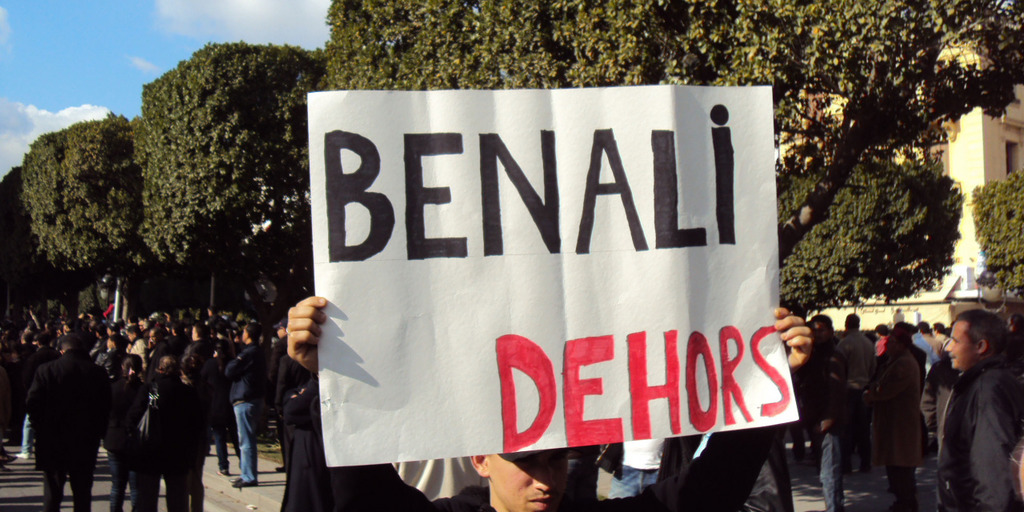The current release of the Bertelsmann Stiftung's Transformation Index (BTI) identifies Tunisia as one of the winners when it comes to freedom of expression. Madagascar, however, has lost ground since the last survey in 2012.
Until his ouster in 2011, dictator Zine el-Abidine Ben Ali controlled the media, limited access to the Internet and used violence to disperse public gatherings. Following the revolution, Tunisians successfully adopted a modern constitution and liberalized the media, and people are now learning how to deal with these new freedoms. For the latest installment of "Secrets of Transformation," Deutsche Welle spoke with women's rights activist Amel Grami, who has benefitted from the country's more open atmosphere. It also spoke with people who are more critical of the current situation – who say, for example, that the Tunisian media are not neutral and that there is too little investigative journalism taking place.
Bitterly poor Madagascar has had a turbulent decade, what with domestic crises, violent changes in leadership and international isolation. Critical journalism was suppressed by the country's rulers. Now, many Madagascans have put their hopes in their new president, Hery Rajaonarimampianina. At the same time, however, many people feel excluded from the country's political processes. Students, for example, remain hesitant to express criticism, and the press remains under the control of the Information Ministry. As part of their report, Deutsche Welle reporters confronted the new president with the BTI findings.
The full freedom of expression report is available on the "Secrets of Transformation" webpage at www.dw.de/top-stories/secrets-of-transformation/s-100798.
The BTI analyzes the quality of democracy, market economy and governance in 129 developing and transition countries. It measures successes and setbacks on the path toward a democracy based on the rule of law and a market economy anchored in principles of social justice.





